‘Tactical’ F1 on the chopping block as new Concorde Agreement insight emerges
28 Apr 2025 8:00 PM
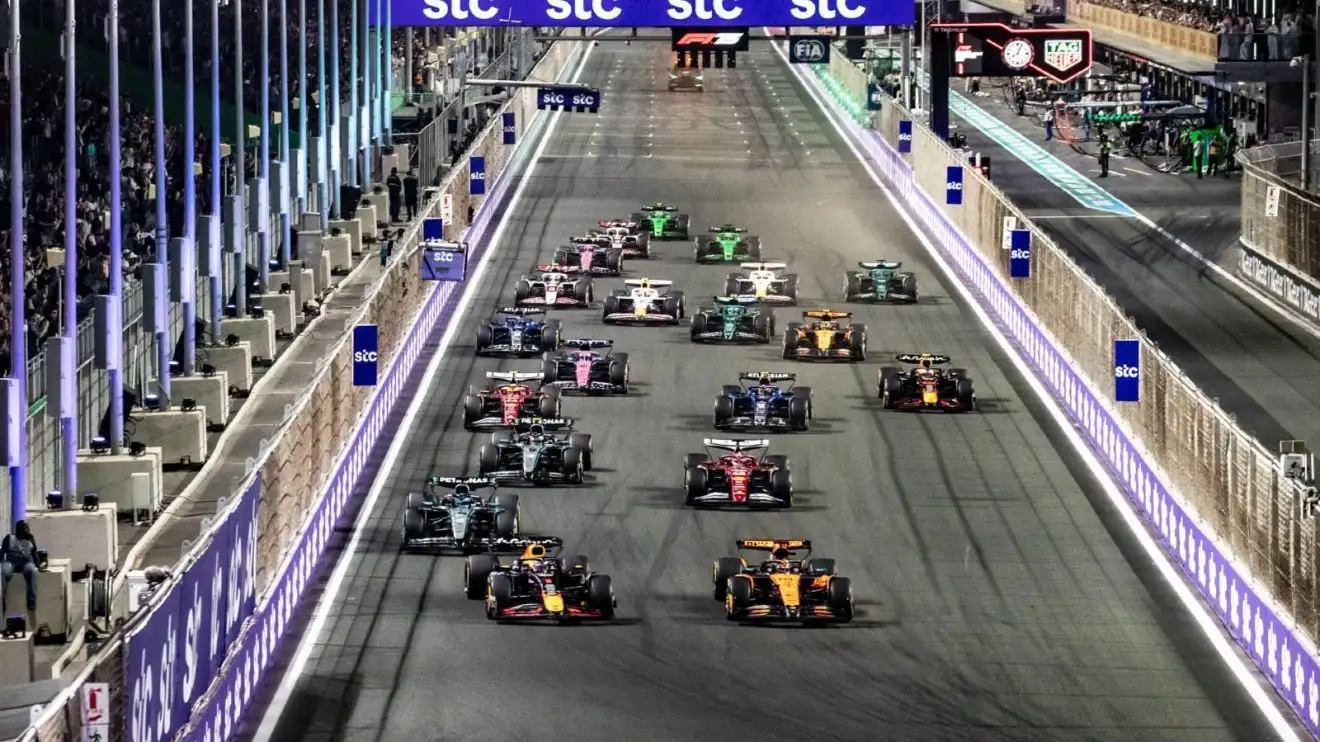
The F1 2026 power unit regulations are up for discussion again at an F1 Commission meeting on Thursday.
Gone are the ‘tactical,’ reactive days of Formula 1; CEO Stefano Domenicali has a much different vision for the future.
He’s advocating for a more ‘strategic’ vision to carry F1 into its newest era of regulations and its freshly signed Concorde Agreement.
New F1 Concorde Agreement should focus on ‘strategic’ goals
When Stefano Domenicali announced that he had signed a five-year extension to his contract as Formula 1 CEO, many were quick to praise him for his vision, and to express their delight that he’d be leading the sport through its next era of racing.
Between the new regulations coming into effect during the F1 2026 season and the signing of the latest Concorde Agreement, Domenicali’s vision will be critical to growing the sport.
In a new interview with Motorsport.com, Domenicali explained that the Concorde Agreement has settled the “economic” elements of Formula 1’s future, but that its governance and its ability to take on a changing sociopolitical atmosphere remain the biggest question marks.
“The economic aspects are settled,” Domenicali said. “What remains is the governance part, which also involves the FIA alongside the teams.
“That’s another key step because it guarantees regulatory stability.
“One thing we want to change is our approach: we need to be more strategic and less tactical on key issues affecting our sport. This requires FIA and team involvement.”
What’s the difference? Tactical planning is often reactive, with an emphasis on short-term changes. Strategic planning, on the other hand, focuses more on long-term goals; it’s the ‘bigger picture’ element that needs to be in place before any tactical response can bring that picture to life.
Understanding F1, the FIA, and the Concorde Agreement:
👉 Concorde Agreement explained: Who signs it, what it means and why it’s vital for F1
👉 FIA explained: What does it stand for and how does it govern F1?
‘Strategy’ was a word that popped up again and again in the interview, with Domenicali hearkening back to a 2023 interview where he outlined his “strategic vision for F1’s future.”
“That’s exactly what’s now emerging,” he said.
“In Bahrain, we had a meeting with the FIA and all current and future engine manufacturers, including GM. I believe some pushed too hard. As future topics were being discussed, someone tried to push for an extension of the current regulations.
“That would have been totally wrong. We must respect those who’ve invested heavily in this complex and costly project — changing the rules now would send the wrong message. Questioning previous decisions on power units would be a huge mistake.”
However, this strategic thinking requires keeping the finger on the pulse of racing action and fan sentiment.
As Domenicali explains, “Having one dominant team for too long is bad for everyone.
“Our sport is growing incredibly and has become a global benchmark. We should be proud of that — but also cautious.”
And that caution warrants strategic thinking as Formula 1 prepares to enter its newest regulatory set.
Read next: F1 2026’s 11 teams sign up to new Concorde Agreement
Stefano Domenicali


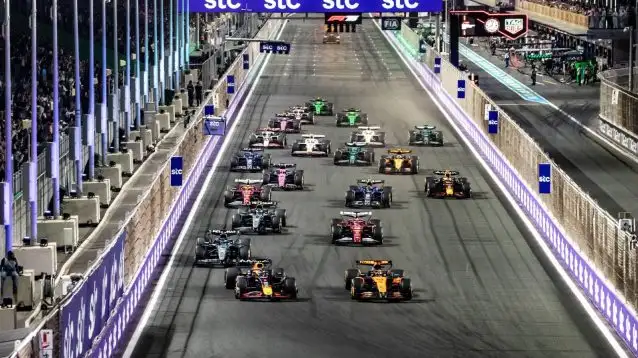
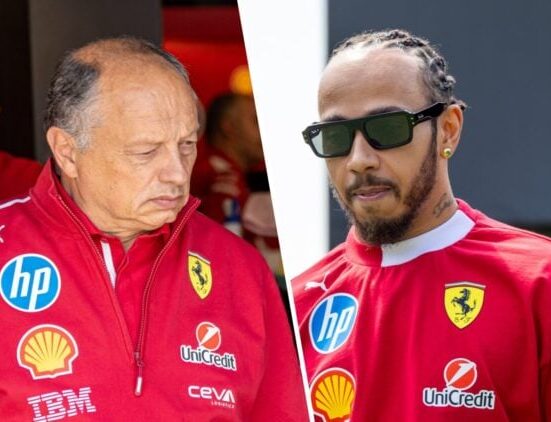
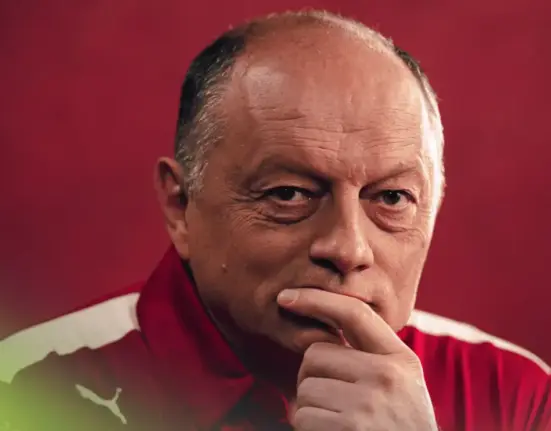

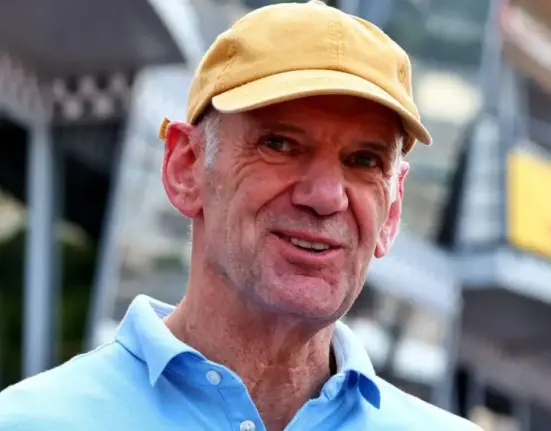
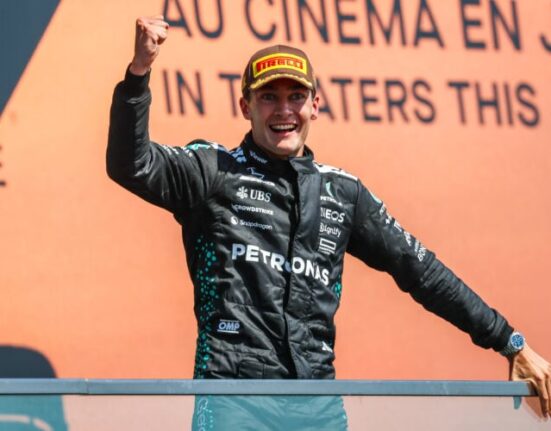

Leave feedback about this